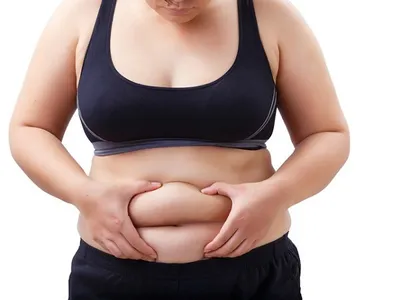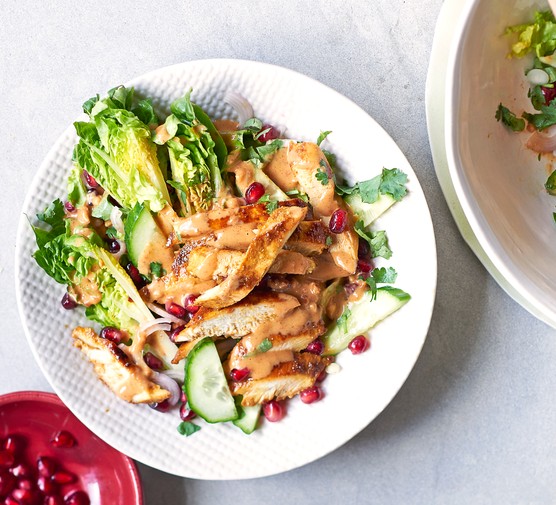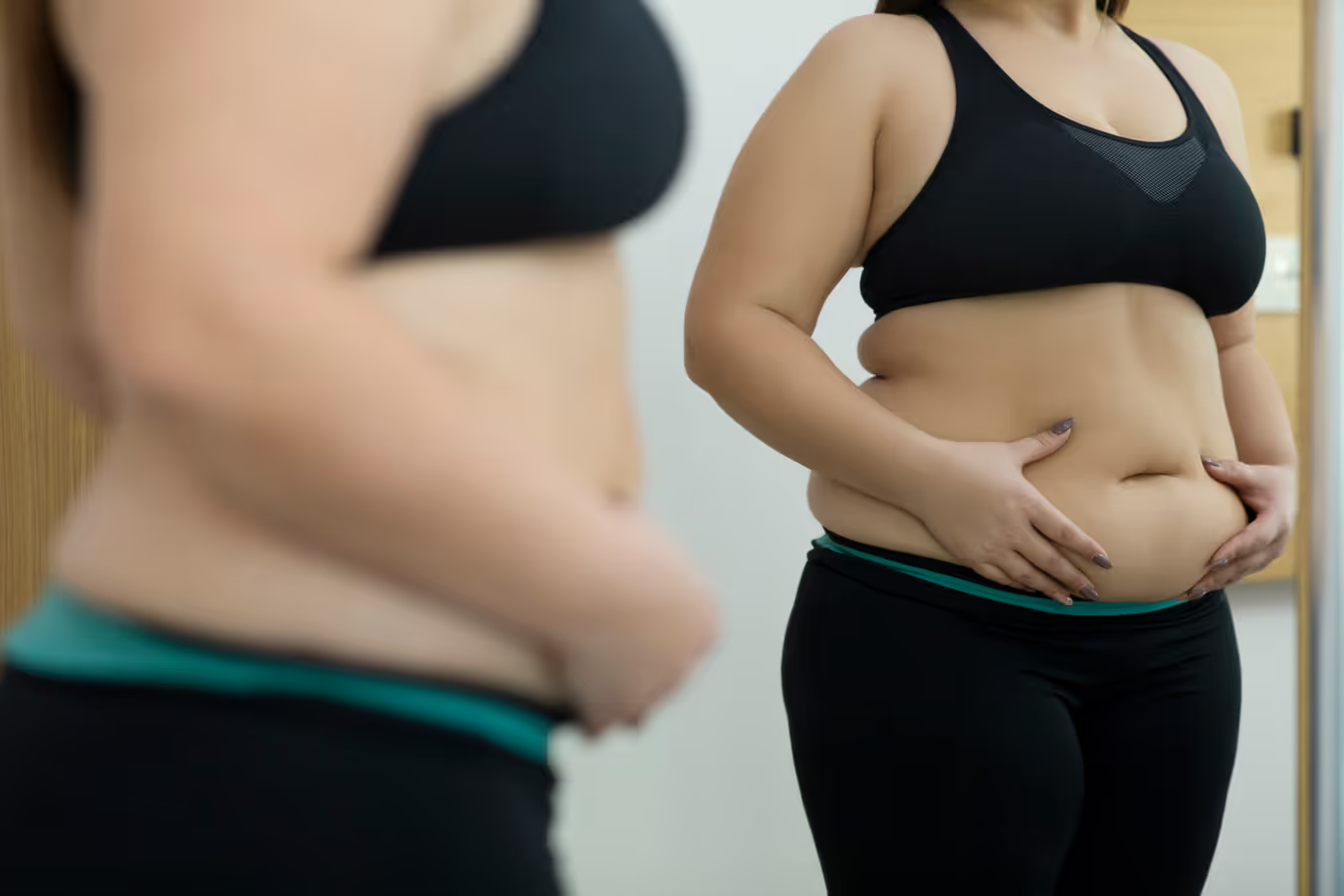What to Eat and How to Lose Weight: A Comprehensive Guide
Losing weight can often feel like navigating a maze of conflicting information and diet fads. The good news is that with the right approach, you can achieve your weight loss goals in a healthy and sustainable way. Whether you’re looking for the best diet to shed pounds, ways to burn belly fat, or supplements to support your journey, this guide will provide you with actionable insights and practical advice.

What to Eat to Lose Weight
- Lean Proteins: Incorporate sources of lean protein such as chicken breast, turkey, tofu, and legumes into your meals. Protein not only helps build muscle but also keeps you full longer, reducing overall calorie intake.
- Fiber-Rich Foods: Fruits, vegetables, whole grains, and legumes are excellent sources of fiber. Fiber slows digestion and helps maintain steady blood sugar levels, which can curb cravings and keep you feeling satisfied.
- Healthy Fats: Don’t shy away from fats—just choose the right kinds. Avocados, nuts, seeds, and olive oil provide healthy fats that support metabolism and overall health without sabotaging your weight loss efforts.
- Low-Calorie Vegetables: Fill your plate with vegetables like spinach, kale, bell peppers, and cucumbers. They’re low in calories but high in nutrients, making them perfect for weight loss.
- Hydrating Foods: Foods with high water content such as cucumbers, watermelon, and celery can help you stay hydrated and feeling full without adding many calories to your diet.
What is the Best Way to Lose Weight?
- Balanced Diet and Portion Control: Eating a balanced diet with appropriate portion sizes is crucial. Focus on a variety of foods from all food groups to ensure you get the necessary nutrients without excess calories.
- Regular Physical Activity: Incorporate both cardio and strength training exercises into your routine. Cardio helps burn calories, while strength training builds muscle, which can boost your metabolism.
- Consistency and Patience: Sustainable weight loss takes time. Aim for a gradual reduction of 1-2 pounds per week. Quick fixes and extreme diets are often unsustainable and can lead to rebound weight gain.
- Hydration and Sleep: Drinking enough water and getting adequate sleep are often overlooked but essential for effective weight loss. Proper hydration supports metabolism, and good sleep helps regulate hunger hormones.
- Mindful Eating: Pay attention to hunger and fullness cues. Eating slowly and savoring your food can help prevent overeating and promote a healthier relationship with food.
What is a Good Diet to Lose Weight?
A well-rounded diet that promotes weight loss includes:
- Whole Foods: Focus on whole, unprocessed foods. They are typically lower in calories and higher in nutrients compared to processed foods.
- Low Glycemic Index Foods: Foods with a low glycemic index, such as oats, beans, and non-starchy vegetables, can help keep blood sugar levels stable and reduce cravings.
- Moderate Carbohydrates: Opt for complex carbohydrates like sweet potatoes, brown rice, and quinoa over refined carbs to ensure you’re getting energy without unnecessary calories.
- Intermittent Fasting: Some people find intermittent fasting helpful. It involves cycling between eating and fasting periods, which can help reduce calorie intake and improve metabolism.
What Can You Take to Lose Weight?
- Green Tea: Rich in antioxidants called catechins, green tea can help boost metabolism and increase fat burning.
- Protein Supplements: Whey protein or plant-based protein powders can help you meet your protein needs, especially if you’re struggling to get enough protein from whole foods.
- Fiber Supplements: Psyllium husk or other fiber supplements can help you feel full and support digestive health.
- Probiotics: These can support gut health, which is increasingly linked to weight management and overall health.
What Can I Use to Burn Belly Fat?
- Exercise Routine: Combine cardio exercises (like running, cycling, or swimming) with strength training to target belly fat. Core exercises such as planks and leg raises can also help tone the abdominal area.
- Healthy Eating: Reduce your intake of sugary foods and beverages, as excess sugar is often stored as belly fat. Increase your intake of protein and fiber to help burn fat.
- Hydration: Drinking plenty of water can help reduce bloating and support your metabolism.
- Stress Management: High stress levels can lead to increased cortisol, a hormone that can promote fat storage around the belly. Incorporate stress-reducing activities such as yoga, meditation, or deep breathing exercises.
- Sleep Quality: Ensure you’re getting enough restful sleep. Poor sleep can affect hormones that regulate appetite and fat storage.
Final Thoughts
Weight loss doesn’t have to be a daunting process. By focusing on a balanced diet, regular exercise, and mindful habits, you can make lasting changes that lead to a healthier weight. Remember, there’s no one-size-fits-all solution, so it’s important to find what works best for you and stick with it. Be patient and kind to yourself as you embark on your weight loss journey—every small step counts towards achieving your goals.







Leave a Reply